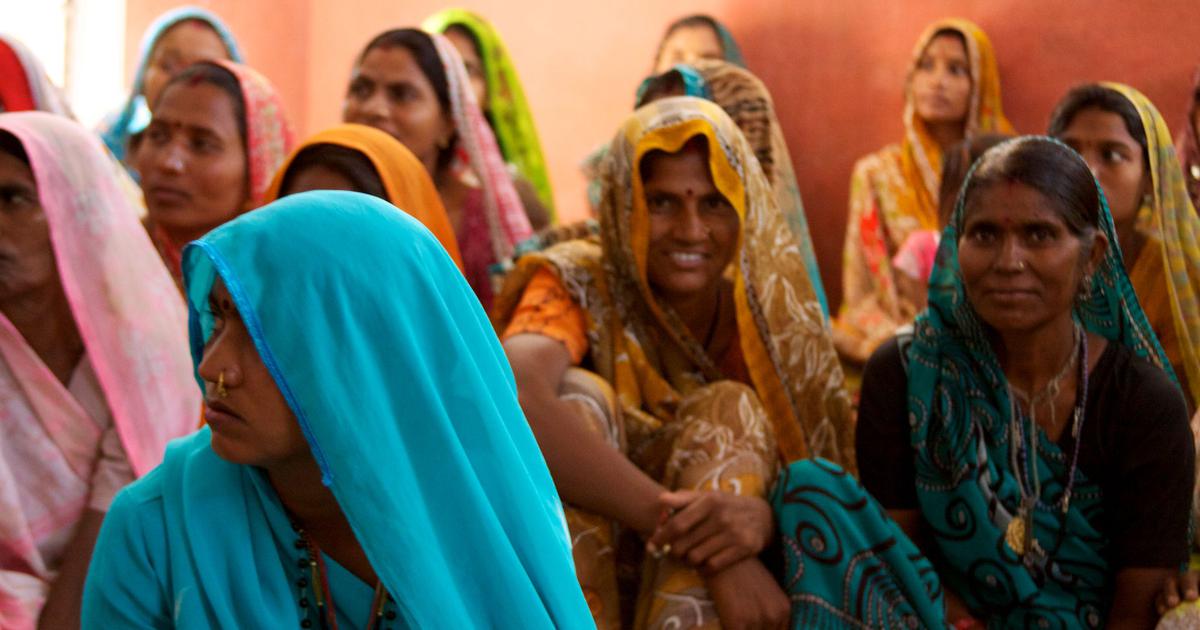Mahatma Gandhi once said, “The future of India lies in its villages.” However, these villages, which are considered the heart of Indian culture, have also been the site of gender-based discrimination and oppression.
The girl growing up in rural India is socially conditioned to perceive herself as inferior to her male counterpart and is thus deprived of the fundamental sense of equality at a very young age. She is constantly watched over by her family, frequently develops delusions and is oblivious to her fundamental human rights. Societal restrictions have been imposed on her, and plans have been set out for her to follow – learn household chores, take care of family, bear children and forget her dreams.
If she dreams of running for the Panchayat election or wants to be a political leader, she is immediately dismissed by saying ‘It is men’s work. Politics is not for women.’ This strongly engrained patriarchal social structure is one of the main reasons that rural women don’t get any chance in politics. Many people believe that politics is a ‘man’s job,’ and that women are unfit for positions of leadership.
Women are frequently told to prioritise their traditional responsibilities like caring for the home and raising children, which leaves little to no time for them to pursue a career in politics or even have career aspirations.
The lack of women’s education in rural areas
Families in rural India often decide to educate a son instead of a daughter. Because boys will be in charge of taking care of their aged parents, many parents see investing in their son’s education as a wise decision. From the start, girls are seen as burdens rather than blessings, bearers of exorbitant dowries, who will eventually move into the homes of their husbands which results in a low literacy rate among women.
Lack of education, which prevents women from participating in politics, is one of their biggest problems. According to the Indian Constitution, both boys and girls are entitled to free basic education till the age of 14 but not all Indian children receive a primary education.
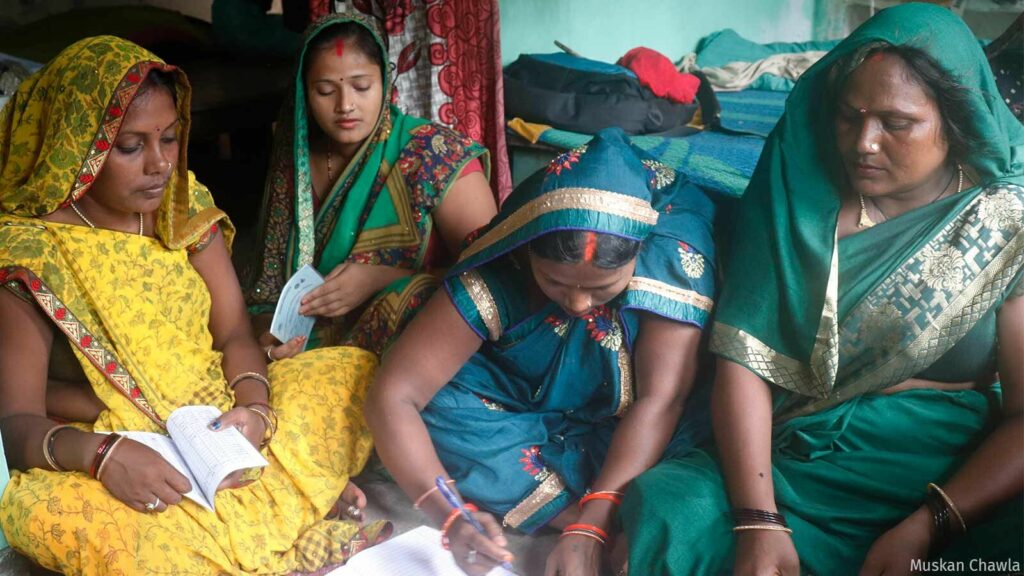
The literacy rate for women in urban areas is 64 per cent, whereas that of women in rural areas is only 31 per cent. 25 per cent or less of rural women in six of the 24 states are literate. The economic advancement of families, nations, and women’s lives are all negatively impacted by this low level of literacy.
In the year 1994, India established a universal women’s education bill providing parents with incentives to send their daughters to school as well as punishment for failing to do so. The scheme yielded some significant benefits but the gender gaps continue, particularly in rural areas and among disadvantaged groups.
Banishment of rural women in politics
One of the very renowned politicians of today’s time addressed a public rally in Barabanki and remarked “Only women from the affluent classes can get ahead in life, but remember you rural women will never get a chance because you are not that attractive.”
Women from rural areas are prevented from running in and winning state or parliamentary elections due to social biases, a male-dominated political party structure, family duties, lack of resources and mostly because of such misogynistic remarks.
In India today, gender inequality that deprives women of authority remains a political reality. At every level of the decision-making hierarchy, from the family to the top tier of policymaking, women are automatically excluded. On one hand, the major political parties support inclusive representation on caste or region whereas, on the other, they proactively dismiss rural & urban women’s interest in politics.
Frequently, they are reminded of their obligations to care for their family and children. According to a study, for women from rural India to pursue a full-fledged political career, their families’ support is essential. Many women rely on their families for financial help and a political endeavour requires significant financial resources because running for office in a parliamentary election can be highly expensive.
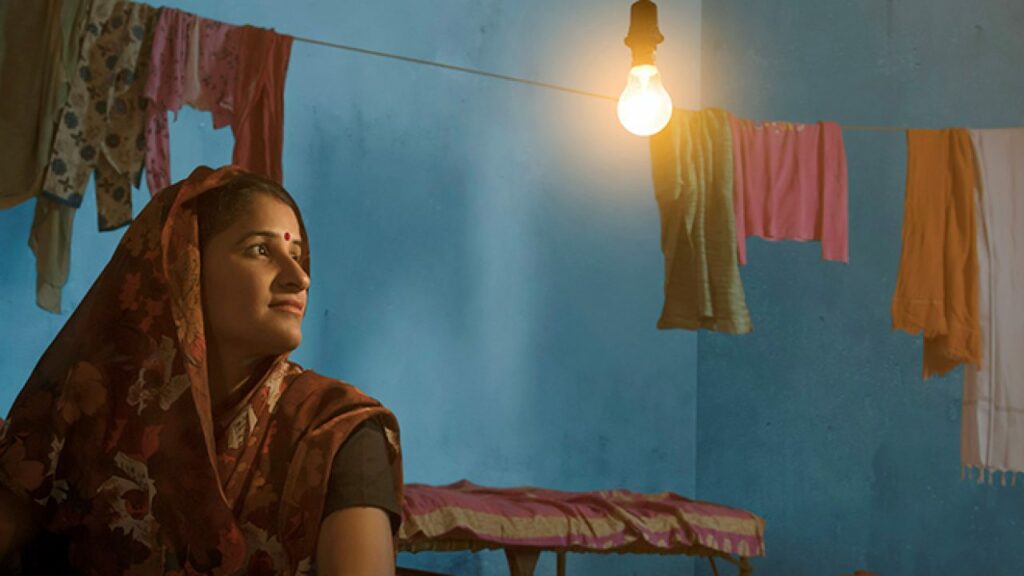
India is a signatory to the Convention on the Elimination of Discrimination Against Women, which requires states, under Article 7, to take appropriate measures to eliminate discrimination against women in political and public life, particularly to ensure that women are as eligible as men to contest elections to all public bodies and that they have the “Right to Participate,” in contributing to government policy and its implementation.
In India today, gender inequality that deprives women of authority remains a political reality. At every level of the decision-making hierarchy, from the family to the top tier of policymaking, women are automatically excluded. On one hand, the major political parties support inclusive representation on caste or region whereas, on the other, they proactively dismiss rural & urban women’s interest in politics.
Women in the patriarchal kingdom of rural India
Women’s relationships in politics are more than often influenced by patriarchy. Most family decisions are made unanimously by the older men and are obeyed without discussion by all family members if a woman is elected to the position of Pradhan.
Women are typically passive partners who are mainly uninterested in politics as a whole. In the popular Amazon web series “Panchayat,” the partner of a woman pradhan of a Panchayat is also seen carrying out all the responsibilities of the position on the woman’s behalf.
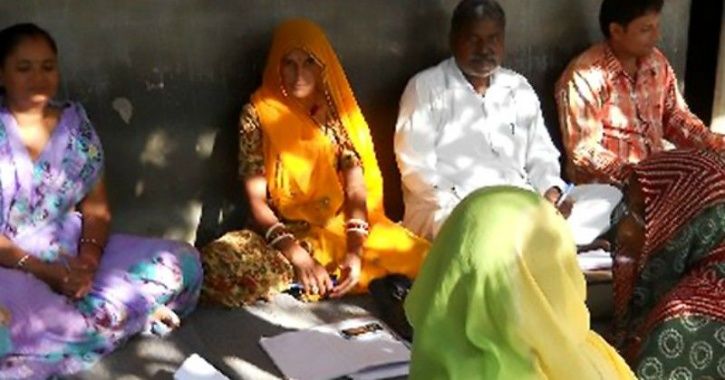
The men who support the elected women run the panchayats through a proxy arrangement which fosters negative gender norms that support male dominance and control over women and makes it more challenging to question and reform societal norms.
The rights of rural women
With the 73rd and 74th constitutional amendments, India for the reservation of seats for women in Panchayats and Municipalities in 1994 to strengthen local government and allow women more influence over how their communities were run. These reservations are made to ensure that women’s views are heard and their needs are taken into consideration, as well as to increase the participation of women in local decision-making.
As of now, at least 20 states – Andhra Pradesh, Assam, Bihar, Chhattisgarh, Gujarat, Himachal Pradesh, Jharkhand, Karnataka, Kerala, Madhya Pradesh, Maharashtra, Odisha, Punjab, Rajasthan, Sikkim, Tamil Nadu, Telangana, Tripura, Uttarakhand, and West Bengal – have made provisions in their respective state Panchayati Raj laws for 50 per cent reservation for women.
One-third of all seats in the Lok Sabha, India’s lower house, as well as in all state legislatures, is reserved for women under the Women’s Reservation Bill, which would change the constitution to include this provision. Nevertheless, the bill has remained dormant despite clearing the Rajya Sabha in 2010. According to one study, this delay demonstrates “a lack of seriousness among political parties in taking better account of women’s increasing electoral participation.”
Misogynistic trolls of women in politics
Being a woman politician today is incredibly difficult since they are frequently subjected to humiliation, offensive remarks, harassment, and even threats. Political parties give fewer tickets to female candidates because it is still widely held in the political world that they have a lower likelihood of winning elections than men.
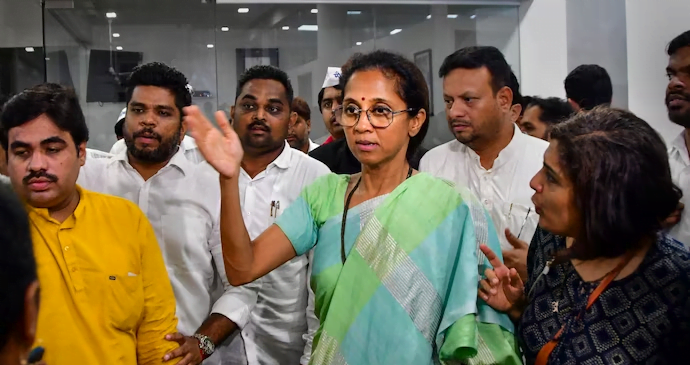
Women are told time and again that they don’t belong in politics. They are frequently demotivated and are subjected to character attacks. They face widespread sexism while also trying to carve out a place for themselves in political parties, depriving them of a level playing field. A prominent male party member of the Indian parliament advised a female MP to “go home and cook” rather than pursue a career in politics.
Indira Gandhi moved effortlessly between the binaries of goddess and witch. Other politicians like Mayawati, Mamta Banerjee, and Jayalalitha were unable to. They were described as mercurial, uncontrolled, fickle and distrustful during their initial days in politics. Personality trolls were used against Sushma Swaraj for her colourful bindi, and Pratibha Patil for her dupatta and Nirmala Sitharaman’s success is credited to her mentor.
In politics, open targeting only highlights the inherent patriarchal bias that exists in our culture despite the laws in place. For women who do not hail from political backgrounds, the harassment becomes more obvious.
Indira Gandhi moved effortlessly between the binaries of goddess and witch. Other politicians like Mayawati, Mamta Banerjee, and Jayalalitha were unable to. They were described as mercurial, uncontrolled, fickle and distrustful during their initial days in politics. Personality trolls were used against Sushma Swaraj for her colourful bindi, and Pratibha Patil for her dupatta and Nirmala Sitharaman’s success is credited to her mentor.
Gaining fame and success in public life does not put an end to such abuses. Character assassination takes place as it transitions from the realm of harassment and mockery. Even now, despite the significant contributions women have made to Indian politics, this persists.
Women’s empowerment through politics
Political engagement is a crucial component of women’s empowerment because it gives them a voice in the decision-making process, and allows them to influence the policies that have an impact on their lives.
Women’s political empowerment and engagement are tied together and reinforce one another. Increased political involvement by women in India will advance gender equality, enhance decision-making, and advance the nation’s progress and development.
Women want to be trailblazers whether they are from rural or urban India. They aspire to be those who use a collaborative and creative approach to solve societal issues and do it in a supportive setting. Women are the heart of the country, hence the Indian government must constantly work to advance women’s empowerment in all spheres and especially, in politics.
